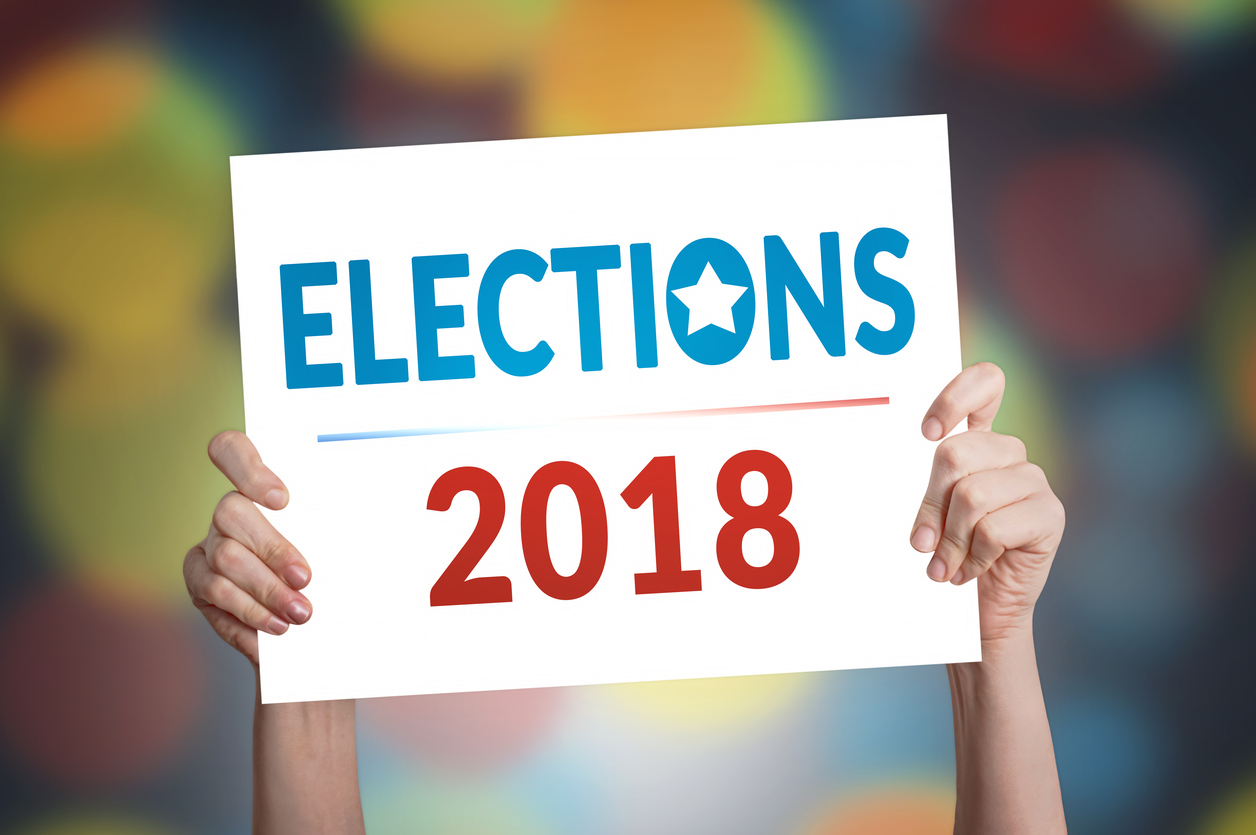According to a recent poll from Los Angeles based SoapBoxSample, 32% of Hispanics believe they will be worse off next year compared to this year
Accurate forecasting for the 2018 midterm election requires a broad view of the American electorate. SoapBoxSample conducted a nation-wide poll to find out how Asian Americans and Hispanic Americans are feeling about what’s happening in the national political scene. It should be noted that there are many sub-groups within both categories, and people with vastly different experiences. However, the poll revealed that there are some notable differences among Hispanics and Asians in their sentiments about the current political climate.
Overall, Americans as a whole are optimistic about the state of the economy. Asians (41%) are more likely than Hispanics (28%) to say they are somewhat optimistic about the American economy. When it comes to assessing how they will be affected personally, Hispanics are more pessimistic than Asians. When asked if they think they will be better off next year compared to this year, 32% of Hispanics said worse while 18% of Asians said they believe they will be worse off. Nearly half of everyone polled said they would be about the same next year.
According to The Gallup Poll, congressional approval has been hovering steadily between 15% and 20% for the last 17 months. (Down from the average of 30% from the time Gallup began measuring Congressional approval.) Feelings about Congress vary slightly among Hispanics and Asian Americans. Asians (24%) are more likely than Hispanics (13%) to somewhat approve, while Hispanics (33%) are more likely than Asians (19%) to strongly disapprove.
Compared to Asian Americans, Hispanics are more disapproving of the job that President Trump is doing and Hispanics are less likely to support Republican candidates in the November election. Among all respondents, 59% somewhat/strongly disapprove of the job President Trump is doing. Hispanics (56%) are more likely than Asians (40%) to strongly disapprove. Asians (20%) are more likely than Hispanics (9%) to somewhat approve. Hispanics are the group least likely to vote Republican. While 23% of all respondents said they would support Republican candidates in the upcoming election, only 10% of Hispanic respondents said they would support Republicans.
The survey did not reveal a significant difference between ethnic groups in their sentiments toward Brett Kavanaugh, the Supreme Court nominee accused of sexual misconduct. Based on what they know so far about Brett Kavanaugh, 32% of people who took our survey said they do not support his confirmation to the Supreme Court. 24% said they do support his confirmation, 18% are not sure and 26% have not been following the topic. (This poll was conducted prior to the testimony of Dr. Christine Blasey Ford.)
Television came out on top as the preferred source of information, with 52% of respondents reporting that TV news is their primary news source. For Asian Americans, this number is lower. While 55% of Hispanics say television is their top source, 39% of Asians prefer TV news. Asians (20%) are more likely than other groups (8%) to read content/articles posted on social media.
In November, Democratic candidates will have a strong opportunity to mobilize Hispanic and Asian voters who are disappointed with Trump and unsure about the state of the economy. However, voter participation rates will play a big role in determining the final outcome, as voter turnout is traditionally lower in midterm elections. As political scientists and the media seek data to help predict the 2018 election, SoapBoxSample, part of the ISA Family of Companies, is working to provide the most accurate data about general and niche populations for richer analysis and insights.

